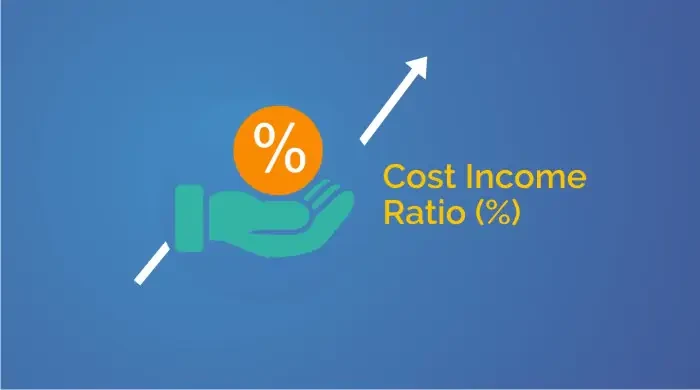
China has said Zimbabwe should not treat Chinese doing business in the country with kids’ gloves because they were expected to respect all investment and labour laws.
Responding to concerns some Chinese companies, especially in the construction industry, were exploiting local workers by subjecting them to inhuman working conditions characterised by long hours, lack of protective clothing and low wages, China’s deputy director in the African Department of the Foreign Affairs ministry Xiao Nan said the Zimbabwean government should take stern action on such companies.
He said the Chinese government briefed investors on investment and labour laws of countries they wanted to do business in emphasising the host country’s laws should be respected. Workers’ representatives in the construction industry have often accused government of giving preferential treatment to Chinese companies which were allegedly exploiting workers.
Xiao however, admitted labour law violations were common in China with migrant workers, mostly from the poor western provinces of the country, exploited in the more prosperous eastern parts, but added his government was acting to protect the workers.
“All Chinese enterprises are educated by the government before they invest in Africa and we educate them to comply with the local laws.
“I know there are one or two individuals who are not doing good, and this will cost them. China will not allow Chinese companies to break the law. They should follow the laws like everyone else,” said Xiao.
Xiao said his country had no problem with Zimbabwe’s indigenisation and empowerment regulations requiring 51% shareholding to be ceded to locals.
He said trade between the two countries was increasing and would surpass the $560 million achieved last year.
- Chamisa under fire over US$120K donation
- Mavhunga puts DeMbare into Chibuku quarterfinals
- Pension funds bet on Cabora Bassa oilfields
- Councils defy govt fire tender directive
Keep Reading
Between January and October 2011, trade volumes between the two countries had exceeded $500 million. Zimbabwe has become one of the largest exporters of tobacco to China.
On China dumping cheap and low quality goods in Africa, including Zimbabwe, Xiao said his country was concerned with the exporting of substandard products and was trying to put an end to the practice.
He called on Zimbabwean authorities to be strict on goods entering the country to ensure they met the required standards.











